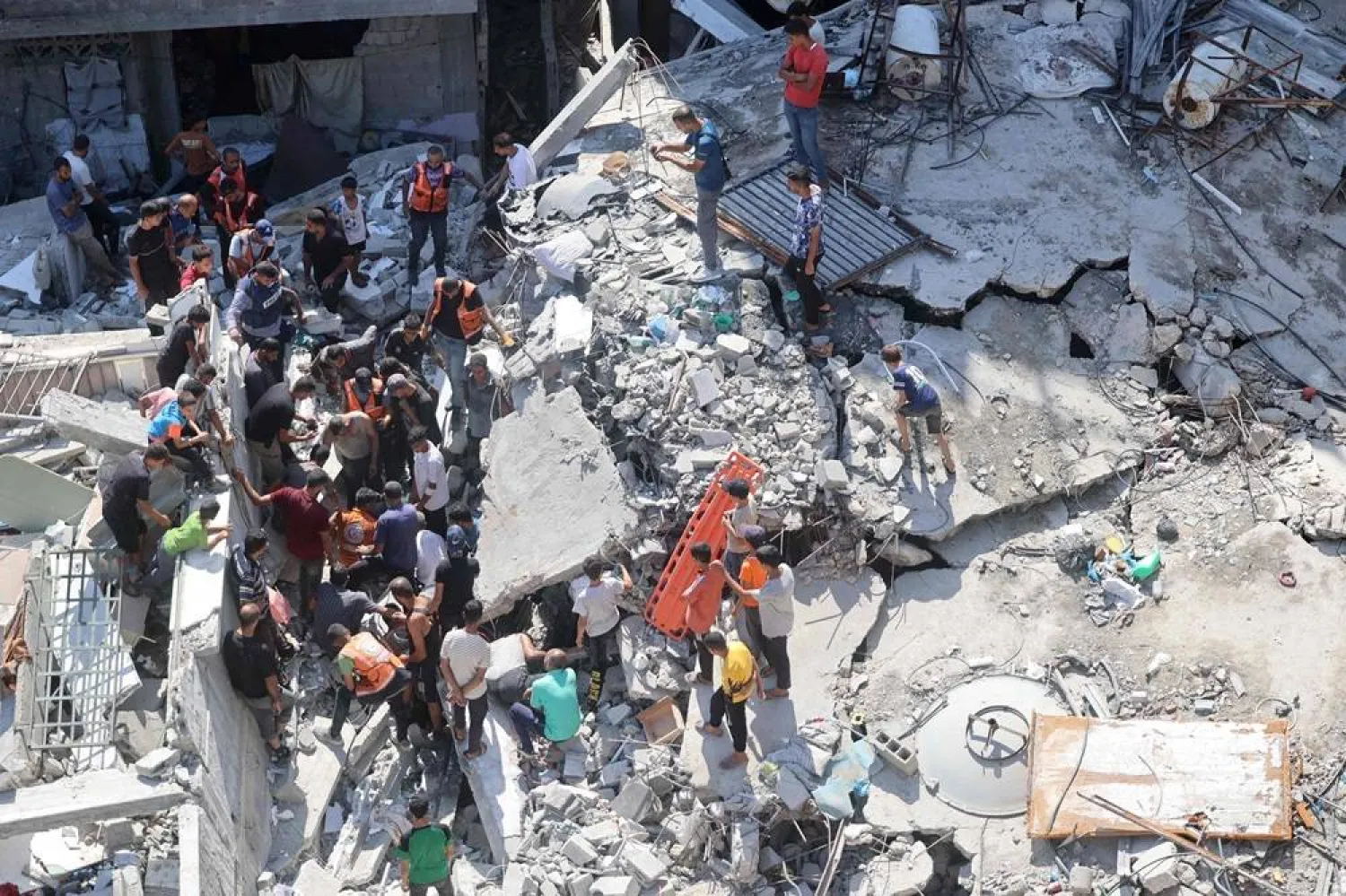Leading United Nations officials demanded on Monday "an end to the appalling human suffering and humanitarian catastrophe" in the Gaza Strip nearly one year into the war between Israel and Palestinian group Hamas.
"These atrocities must end," they said in a statement signed by the heads of UN agencies that include UNICEF and the World Food Program along with other aid groups as world leaders gathered in New York for the annual UN General Assembly.
"Humanitarians must have safe and unimpeded access to those in need," they said. "We cannot do our jobs in the face of overwhelming need and ongoing violence."
The UN has long complained of obstacles to getting aid into Gaza during the war and distributing it amid "total lawlessness" in the besieged Palestinian enclave. Nearly 300 humanitarian aid workers, more than two-thirds of them UN staff, have been killed.
"The risk of famine persists with all 2.1 million residents still in urgent need of food and livelihood assistance as humanitarian access remains restricted," the UN officials said. "Healthcare has been decimated. More than 500 attacks on health care have been recorded in Gaza."
The war in the Palestinian enclave began on Oct. 7, 2023, when Hamas gunmen stormed into Israeli communities, killing around 1,200 people and taking about 250 hostages back to Hamas-run Gaza, according to Israeli tallies.
Since then, Israel's military has leveled swathes of the Palestinian enclave, driving nearly all of its 2.3 million people from their homes, giving rise to deadly hunger and disease and killing more than 41,000 people, according to Palestinian health authorities who do not distinguish between combatants and non-combatants.
The Israeli military says it takes steps to reduce the risk of harm to civilians and that at least a third of the Palestinian fatalities are militants. It accuses Hamas of using Palestinian civilians as human shields, which Hamas denies.









